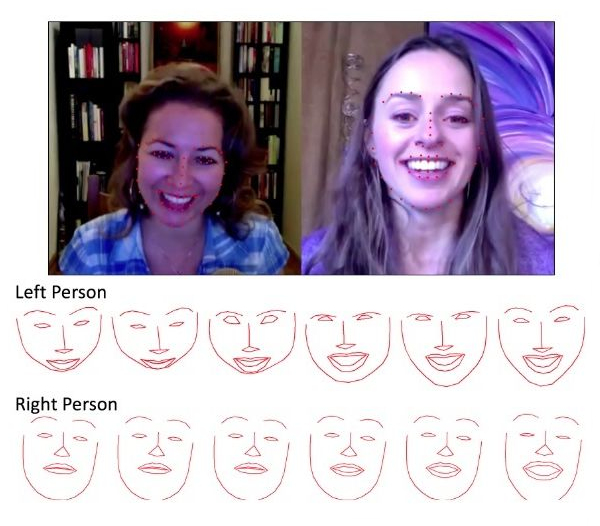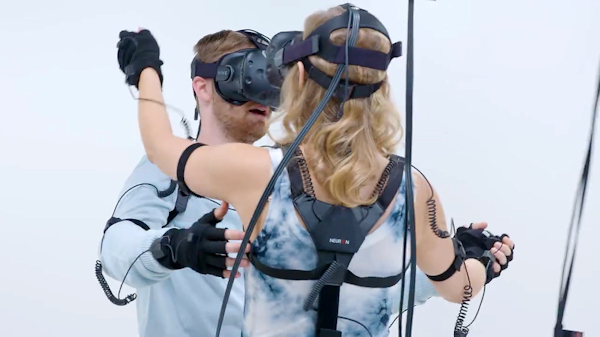Call for Chapter Proposals
Emerging Identities in the Future of Places:
Neo-cultures, Place Multi-mediation and Intersubjectivities
Abstract submission deadline: 1 Nov 2017
How is the development of future places in cities shaping new place-based identities, defined by the intertwined and entangled nature of socio-cultural, technical and spatial practices of people? Comprehending the resultant complexities of place-related identity demands the need to identify new directions that evolve progressively by embracing a renewed understanding of identity. The proposed book aims to facilitate an interdisciplinary approach towards unravelling emerging place- related identities that are caught in a labyrinth created by contemporary urban spatialities. By keeping place as the main frame of enquiry, we seek to comprehend the ephemeral nature of ongoing spatial negotiations within the ecology of urban and media practices. We are interested in examining the intertwined and interrelated concepts of culture, place and identity amidst the technology pervaded urban living that is enabling new forms of place-related identities to emerge.… read more. “Call: Chapters for “Emerging Identities in the Future of Places: Neo-cultures, Place Multi-mediation and Intersubjectivities””


